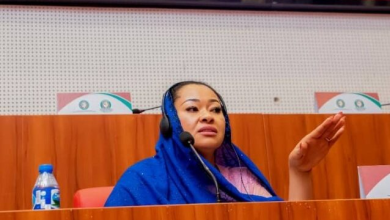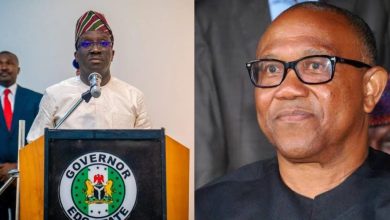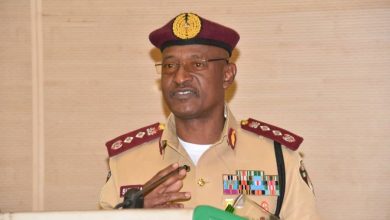Plateau Attack Renews Community Tensions, Raises Questions Over Government’s Response
Tensions reignite in Plateau as 25 die in Jenbu Bindi attack, raising fears of renewed clashes.
Cycle of violence between Fulani herders and Berom farmers deepens amid claims of bias, injustice.
The recent attack in Jenbu Bindi, Riyom Local Government Area of Plateau State, which left 25 people dead and property destroyed, has once again exposed the fragile peace in the region and reignited long-standing tensions between Fulani herders and Berom farming communities.
Widespread condemnation has followed the July 14 violence, including a strong reaction from Plateau State Governor, Caleb Mutfwang, who labeled the attack an act of terrorism and genocide. However, the recurring violence in the area calls for a more honest assessment of the complex dynamics fueling these deadly confrontations and how the state government addresses them.
Evidence suggests the Jenbu Bindi massacre did not occur in isolation but as part of an ongoing cycle of clashes and revenge killings between the two communities. Both the Fulani and Berom have been victims and perpetrators in this deepening conflict, often driven by disputes over land, cattle theft, and killings of community members.
On July 13, just a day before the Jenbu Bindi incident, a Fulani herder, Usman Haruna, was reported missing while grazing cattle in Ganawuri. His disappearance stoked fears among his community of a possible killing. That same day, two Berom natives were killed in separate incidents in Torok and Gwon villages, allegedly in retaliation. Only days earlier, on July 10, suspected Berom militia were said to have killed three herders and stolen about 200 cows in Fwil. Meanwhile, a Berom woman and her child had previously been attacked on their farm by alleged Fulani gunmen in Bum village.
These incidents paint a grim picture of tit-for-tat attacks that have become the norm in Riyom and other troubled areas in Plateau. Yet, the state’s response has often been perceived as lopsided. While the government is quick to condemn attacks on Berom villages and provide support to affected families, similar violence against Fulani communities often goes without official comment or intervention.
This pattern has deepened suspicions of ethnic bias and eroded trust in the state’s ability to be impartial. For Plateau to escape this vicious circle of violence, government actions must be guided by fairness and a commitment to justice for all victims irrespective of background.
The root causes of the conflict include land disputes, climate-induced migration, lack of grazing routes, and the proliferation of arms. But central to the unending crisis is the absence of justice. When one side feels ignored or vilified, while the other receives government sympathy, it only worsens resentment and makes reconciliation even harder.
Labeling every assault on Berom communities as ethnic cleansing without acknowledging the losses on the Fulani side distorts the conflict and may serve to inflame it further. Such one-sided narratives also embolden retaliation, as each group seeks justice on its own terms.
The Plateau State Government must, therefore, take a more balanced approach. All victims should be acknowledged, and perpetrators from both communities brought to book. The decision to pull out security personnel or deploy more must be based on credible intelligence and not political pressure or emotional appeals.
Beyond the use of force, sustainable peace lies in continuous dialogue, truth-telling, community engagement, and practical solutions such as grazing corridors, designated livestock zones, and early warning systems. Programs that foster coexistence and economic cooperation could also help reduce hostility over resources.
Ultimately, no community can feel secure in a state where justice is uneven. Until all citizens receive equal protection under the law and all grievances are treated with fairness, the cycle of violence may never truly end. For Plateau to heal, justice must be for all. Selective concern only deepens wounds and delays peace.



